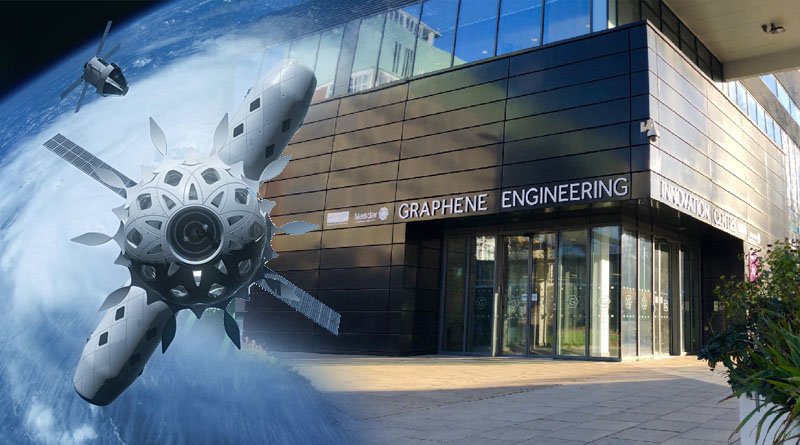Head of Global Education Insights at the British Council, is urging UK universities to take advantage of their connections around the world to support regional development.

The University of Manchester’s graphene innovation ecosystem has been cited as an example of drawing outside capital into the local regional economy, which supports the UK’s “levelling up” agenda.
The topic is highlighted in a report by Dr. Alexis Brown for the Higher Education Policy Institute (HEPI) titled, “The Role of Universities in Promoting Foreign Investment into UK Research and Development“.
Dr. Brown, Head of Global Education Insights at the British Council, is urging UK universities to take advantage of their connections around the world to support regional development.
Where this collaboration has already been successful, it is highlighted in the report. As an illustration, consider the development of strategic, long-term ties between The University of Manchester and regional civic stakeholders as well as with external partners from other countries, like those based in Abu Dhabi.
A bold agreement between the university and the Khalifa University of Science and Technology, which is based in Abu Dhabi, was made possible by this type of relationship and aims to provide funding support for graphene innovation that will help address the world’s major problems.
The UK government’s top officials have also praised this project. The Graphene Engineering Innovation Centre (GEIC), a special innovation accelerator based at the University of Manchester, has received a lot of attention in this international collaboration on advanced materials.
The GEIC’s development has in turn generated additional funding from a range of international and domestic partners, including the Australian supplier of graphene products First Graphene, the Brazilian steel giant Gerdau, the surface-functionalized graphene specialists Haydale, and the advanced engineering materials group Versarien. Additionally, the GEIC will form a cornerstone element of the Middle East-wide collaboration.
“It’s fantastic to see that Manchester’s graphene innovation ecosystem has been highlighted in a national policy report that outlines how universities can bring inward investment into the regional economies they serve,” said James Baker, CEO of Graphene Manchester.
The Graphene Engineering Innovation Centre has been open for five years, and the numerous international partnerships we have established as well as the sizeable investments these partners are making to support graphene-inspired R&D in our area are clear indicators of our success in bringing 2D materials from the lab to the market.
“These cross-border research and innovation partnerships are generating new goods, new companies, and new jobs. All of this boosts the regional economy and the UK’s aspirations of “levelling up,” creating new value.”
